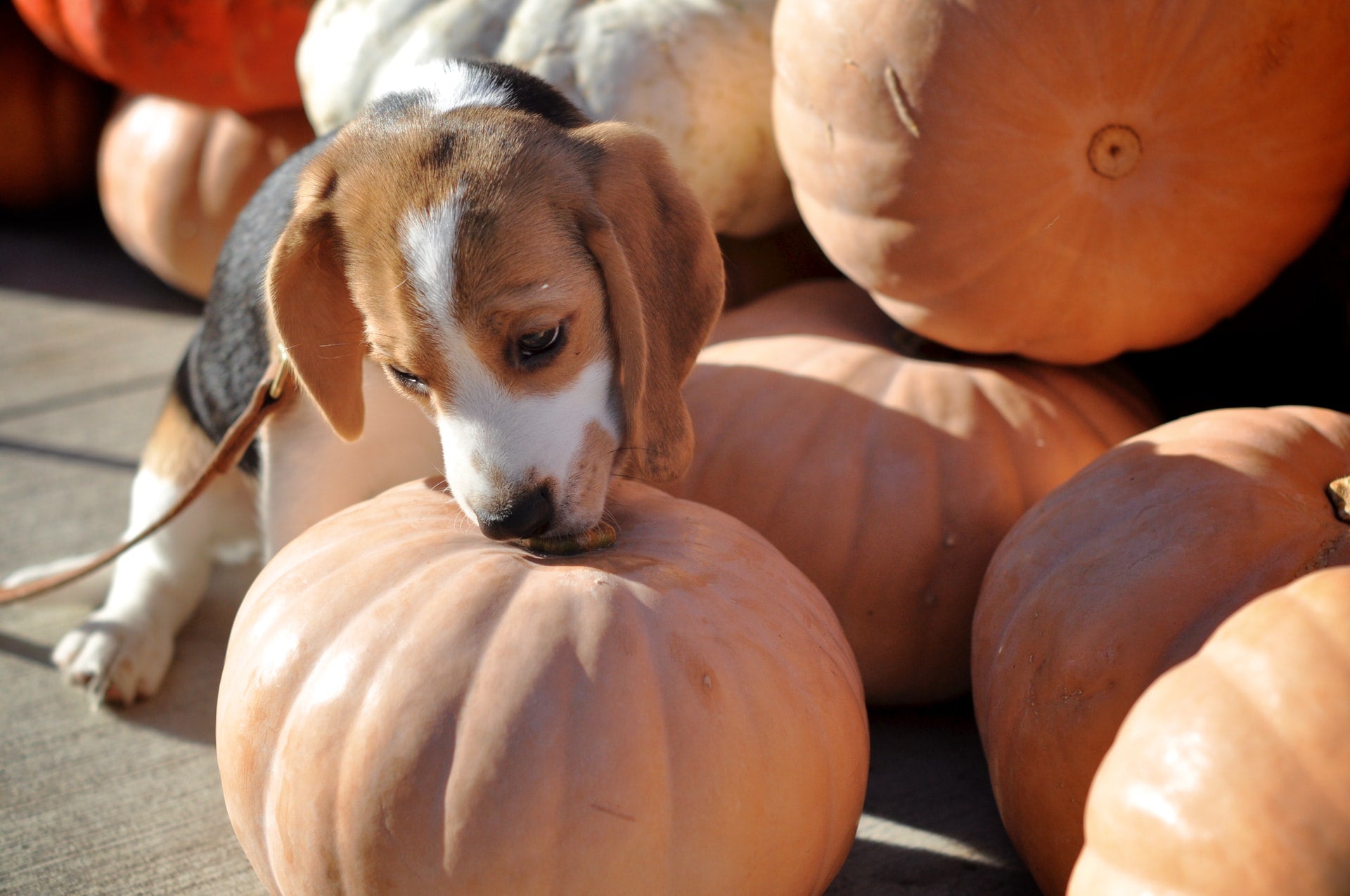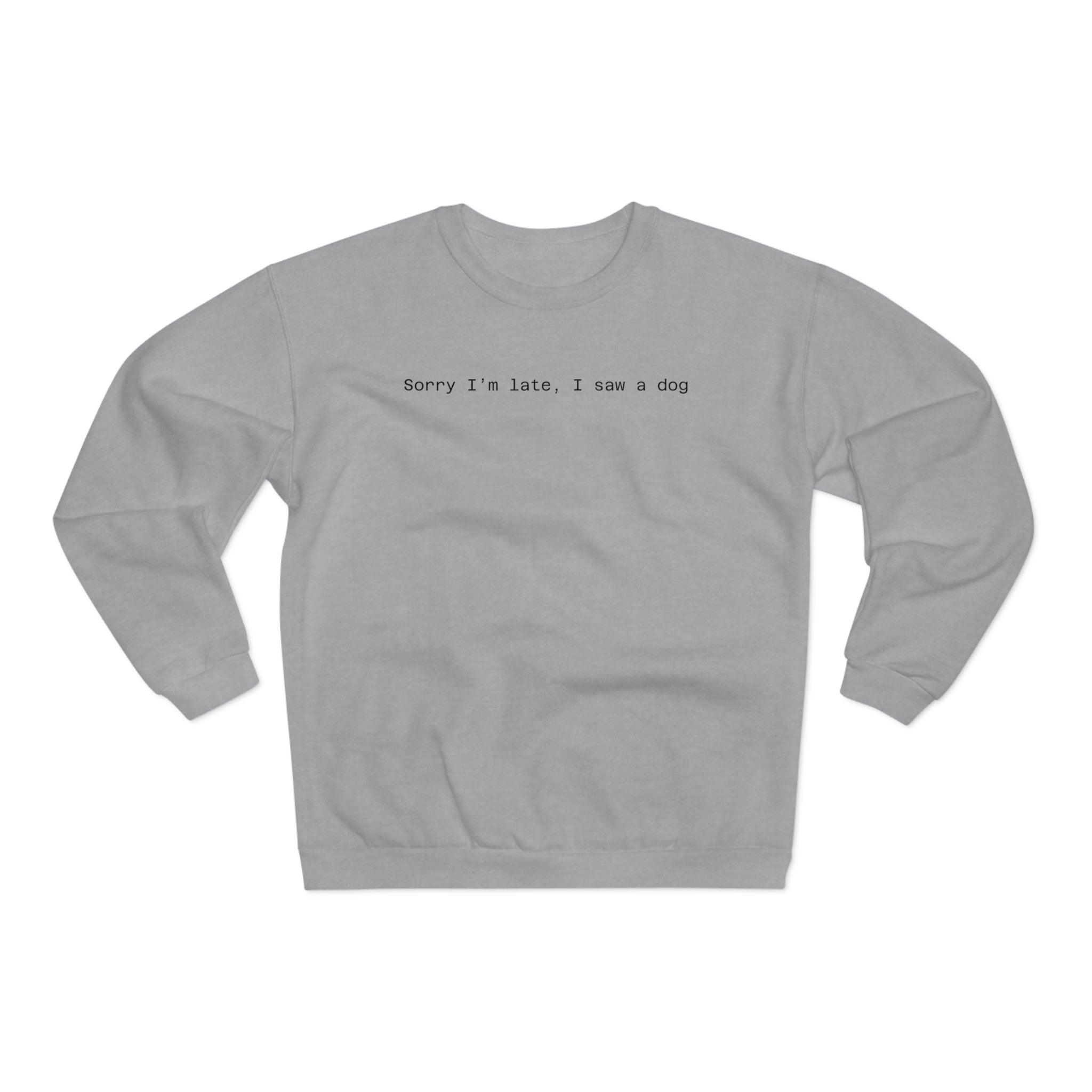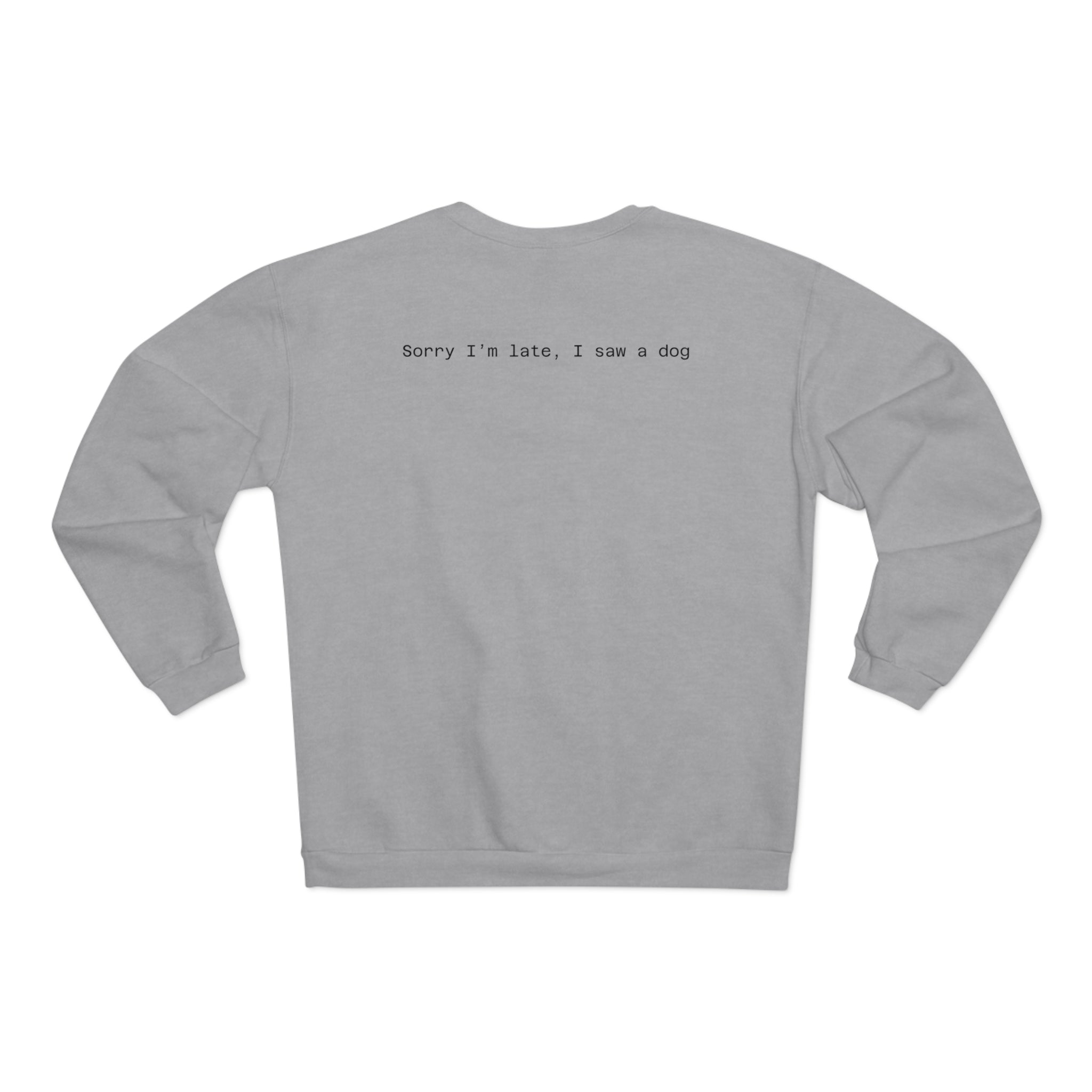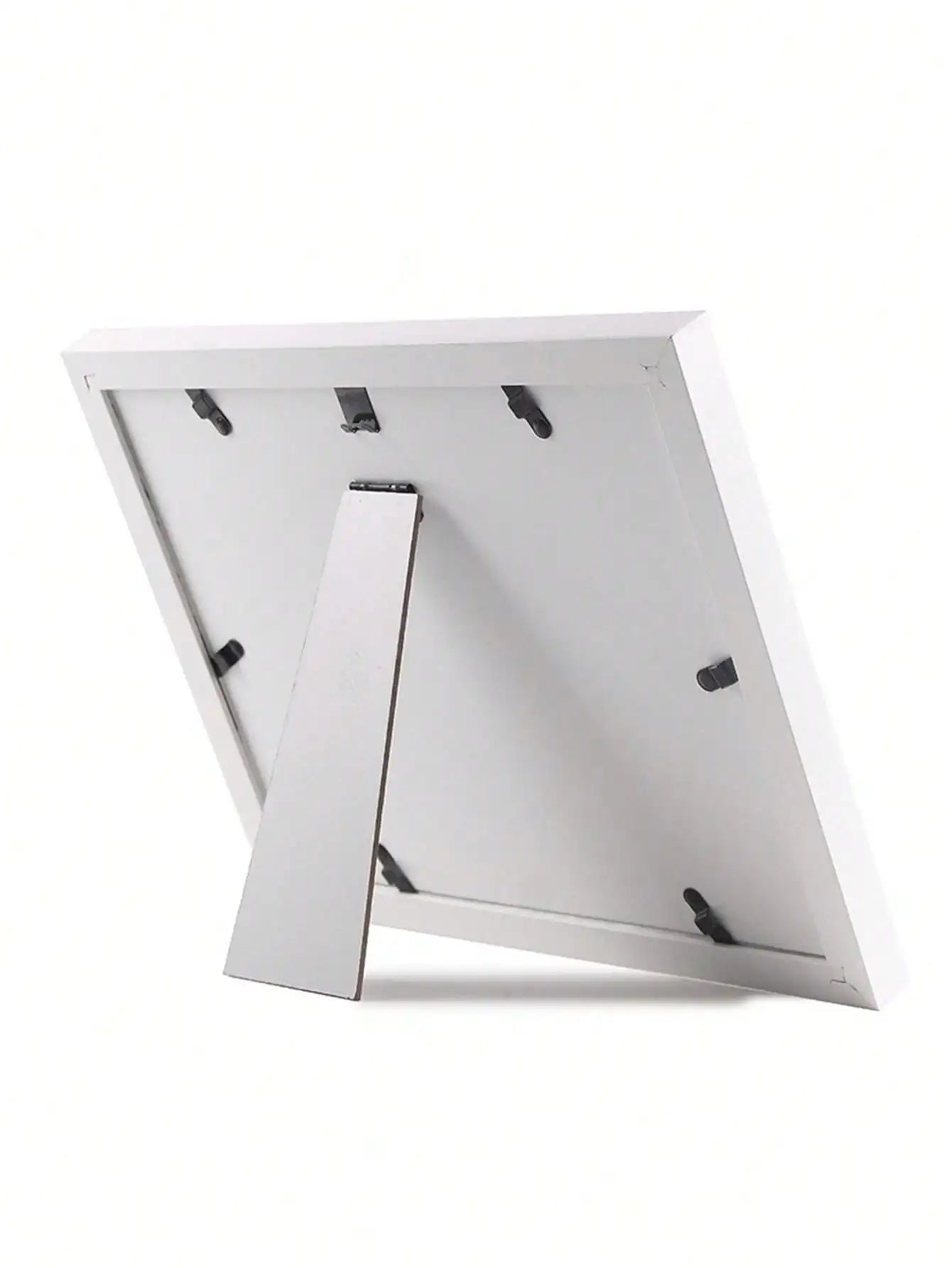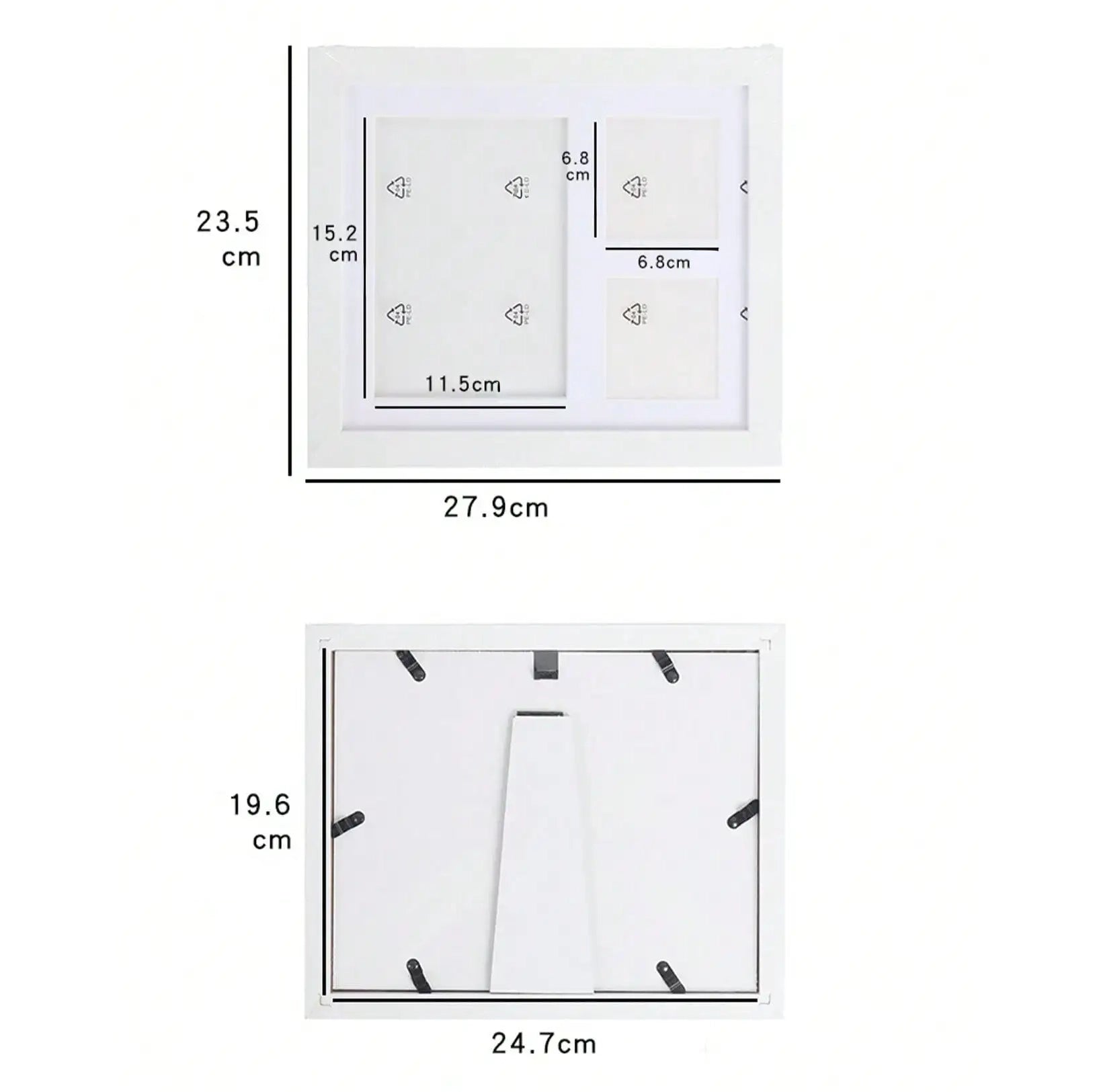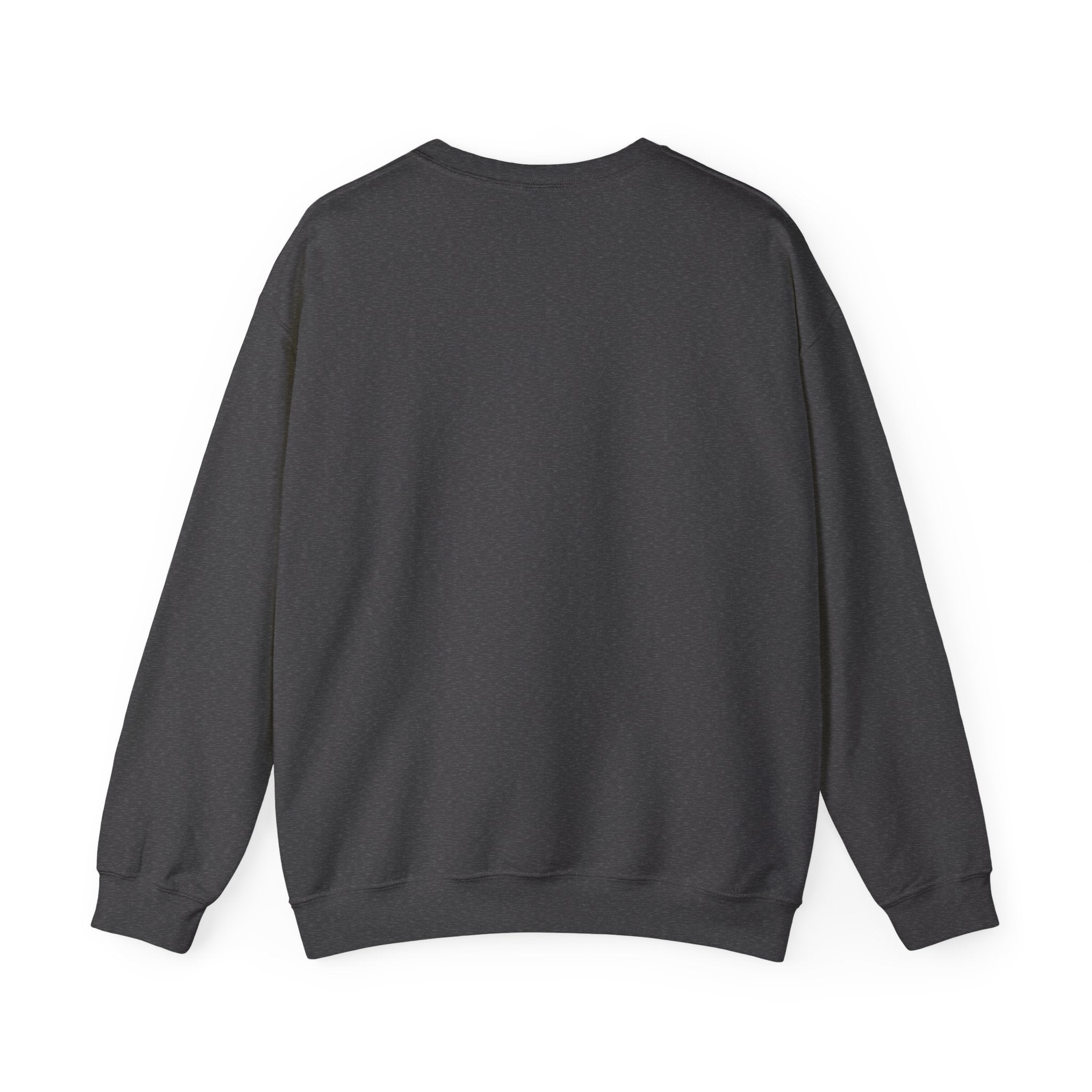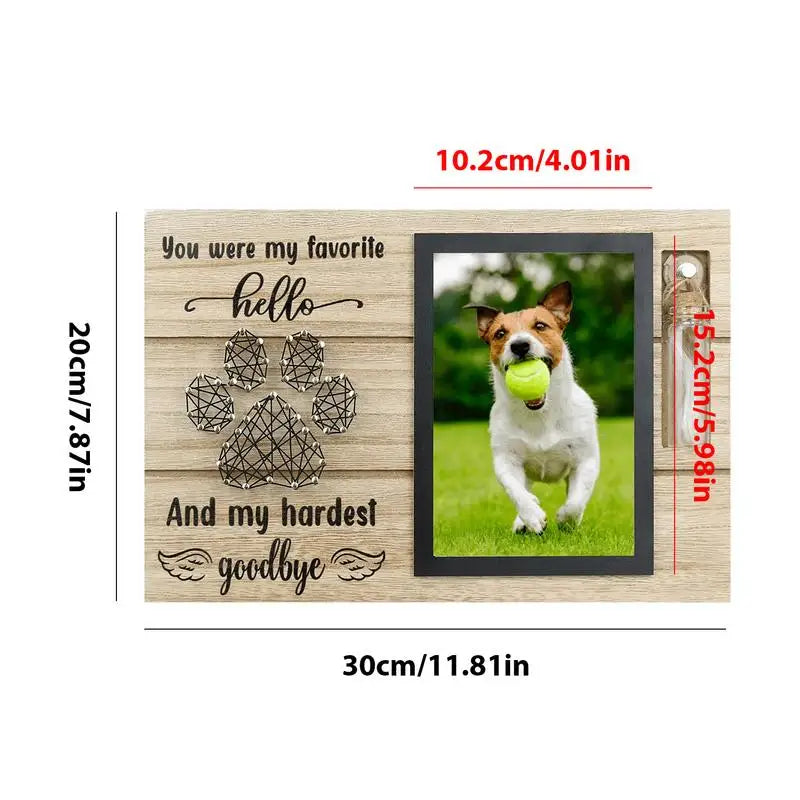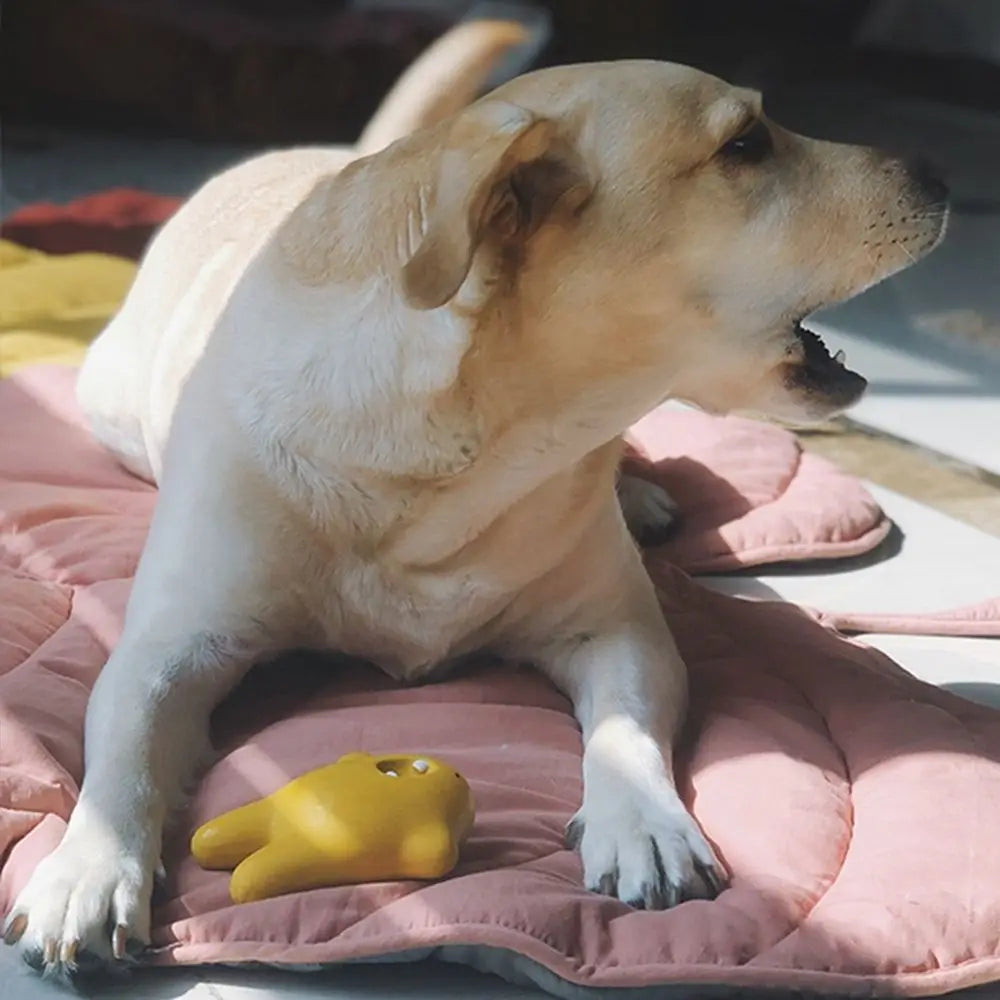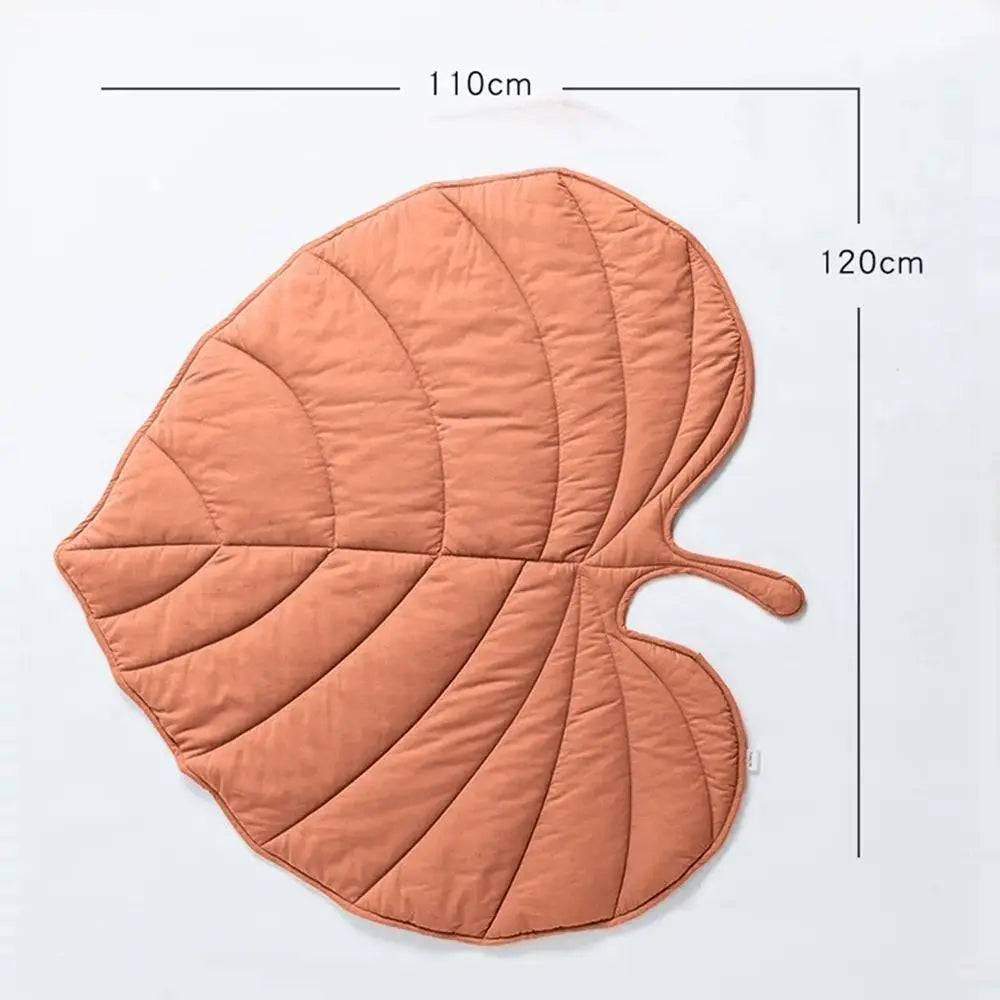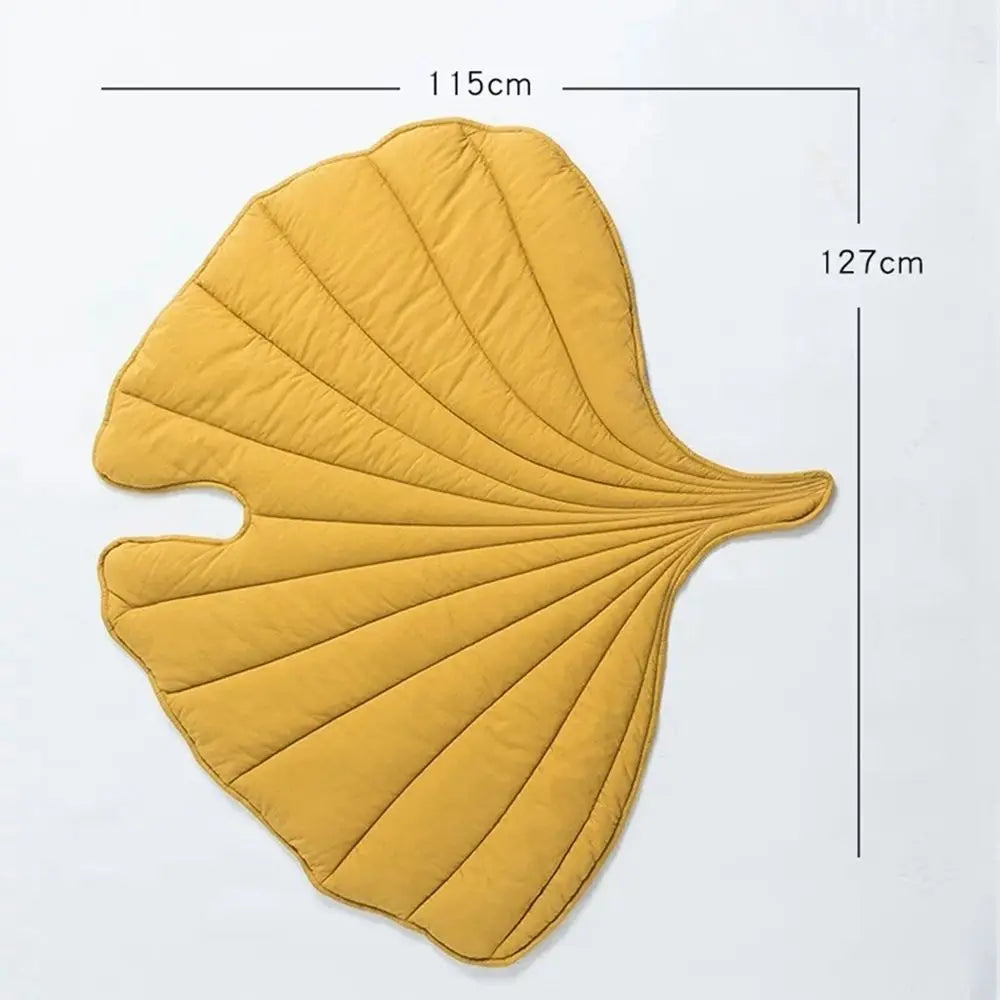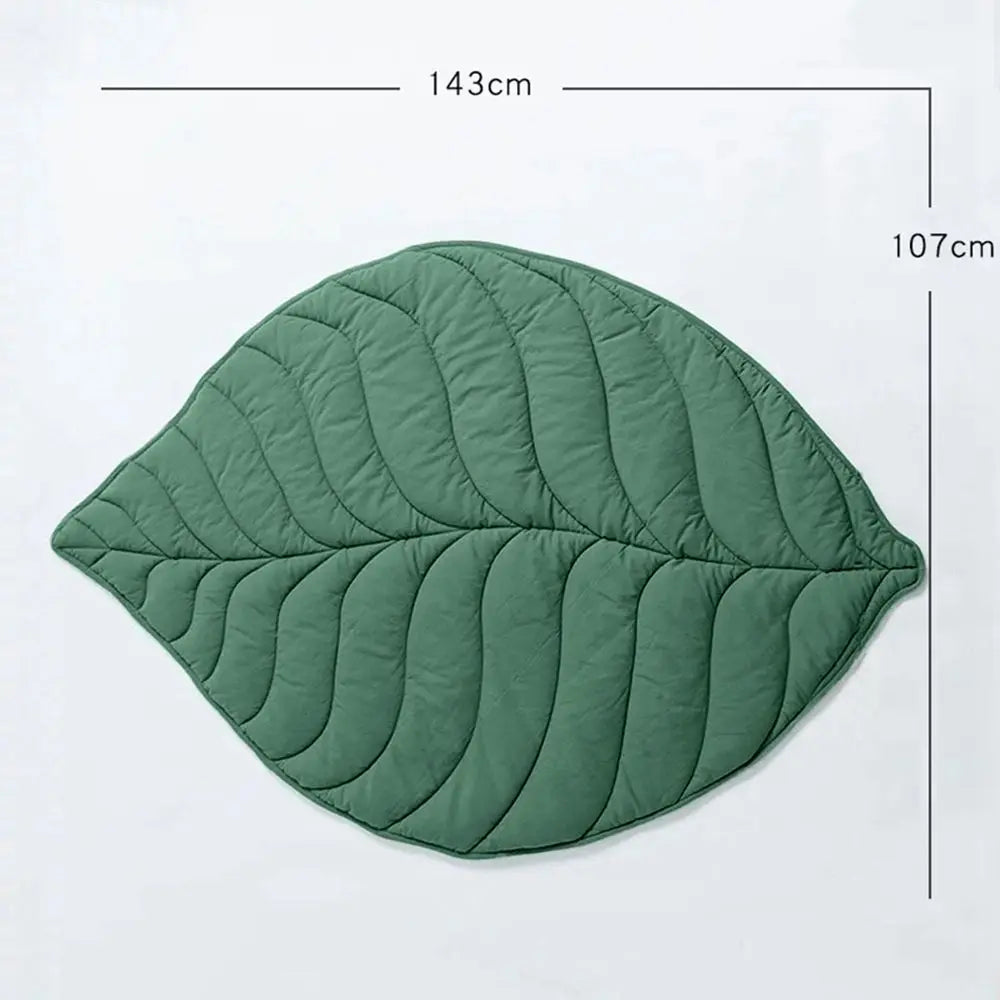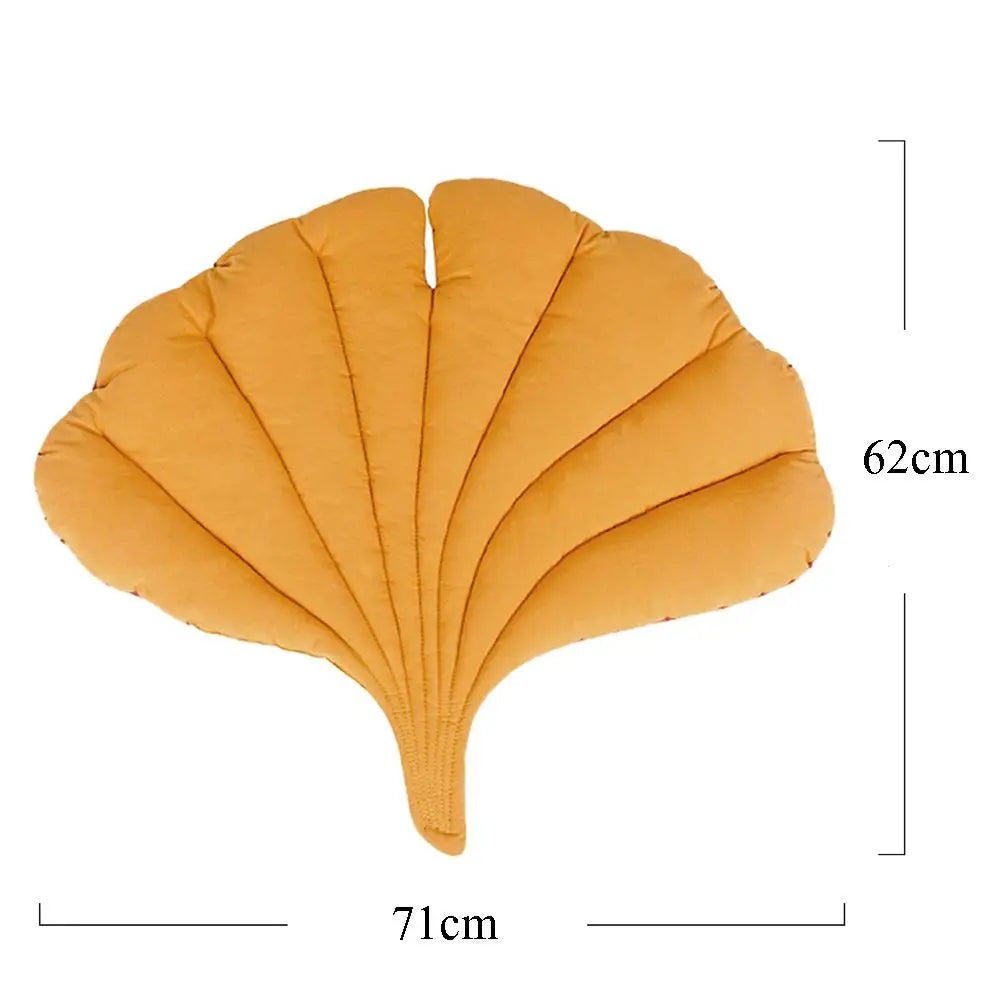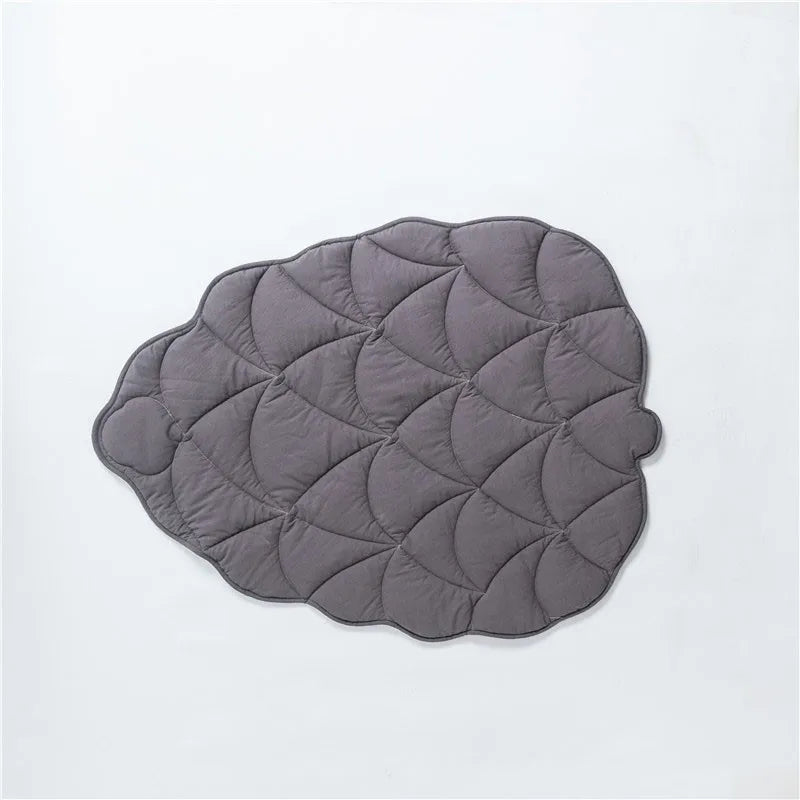We regularly receive good questions in our mailbox, including the question from Paulien van Akker from Heerhugowaard, the Netherlands. She asked us whether dogs can actually eat vegetables, and which ones. We discussed this with animal expert Ulrike von der Crone in her practice in Hoboken. Read the answer in this blog post!
“The answer is simple,” Ulrike tells us. “Yes, dogs can eat many types of vegetables completely safely, in addition to a balanced basic diet ,” she continues. "There are even completely plant-based dog foods that contain vegetables, but pay attention to which vegetables you give your dog."

Vegetables and dogs, a good balance
Dogs are omnivores, meaning they can include both animal and plant matter in their diet. Vegetables can have many health benefits for a dog. For example, vegetables contain relatively few calories and can provide extra carbohydrates, fiber and nutrients for extra energy.
“However, a balanced diet for your dog is always important to start with before adding vegetables to your four-legged friend's diet. Most dog food brands should already contain nutrients and vitamins to keep the dog healthy and fit,” explains animal expert Ulrike us out. "Therefore, as with fruit , it is important to give vegetables as a snack to your dog, and no more than 10% of the daily amount of food you feed them on a daily basis."
"It is also important to speak to your vet about this if you want to discuss specific advice about your four-legged friend's diet. The amount of extra food a dog can receive on a daily basis can vary, depending entirely on its age and energy level. and breed of dog," adds Ulrike von der Crone.

How to start giving your dog extra food?
When you start giving your dog (raw) vegetables, always start with small amounts, as a major change in diet can irritate a dog's stomach. When you start, cut the vegetable into small and bite-sized pieces. Steaming or blanching makes it easier for your dog to digest. You can also choose to start with pureed or grated vegetables and serve them with your dog's normal food .
"A tip that I regularly use, especially in the summer, is to make ice cubes from pureed vegetables, together with unsalted dog-friendly stock. This makes it wonderfully cooling for the dog, and at the same time a small portion of vegetables to get used to it!", Ulrike tells us with a big smile on her face.

Which vegetables are healthy for a dog?
We also asked animal expert Ulrike von der Crone from Hoboken which vegetables are actually healthy for a dog. Which vegetables are best to start with when they want to give a healthy snack to their four-legged friend?
"I have drawn up a list for this, which I always like to give to my customers," Ulrike explains to us as she searches through her documents for the right document. A little later she slides an A4 in our direction and proudly gives us further explanation of the document.
"This list provides a good example of how to get started with snacking on vegetables. For example, many of these vegetables are low in calories and can be a healthy addition to the regular diet. Plus, they are safe for dogs to eat and contain many additional vitamins and minerals," adds Ulrike von der Crone.
Healthy and Safe Vegetables for Dogs:
- Carrots
- Cucumber
- Pumpkin
- Celery
- asparagus
- Spinach
- Zucchini
- Sweet potato
- Peas (serving pureed is a safe option so your dog can't choke)
- Corn kernels (ditto, serving pureed is a safe option)

Which vegetables are not healthy for dogs?
In addition to healthy vegetables, there are also vegetables that you should not serve to your dog, as they can be poisonous to dogs.
- Onions
- Garlic
- Unripe tomato
- Rhubarb
- Nuts
- Any vegetable or fruit with large seeds, such as avocado
- Paprika (better avoid)
Submit your question
Do you have a question about your four-legged friend, your dog's behavior or a question regarding dog hygiene and care? Ask your question in the online form and we may answer it!

[ Source ]

